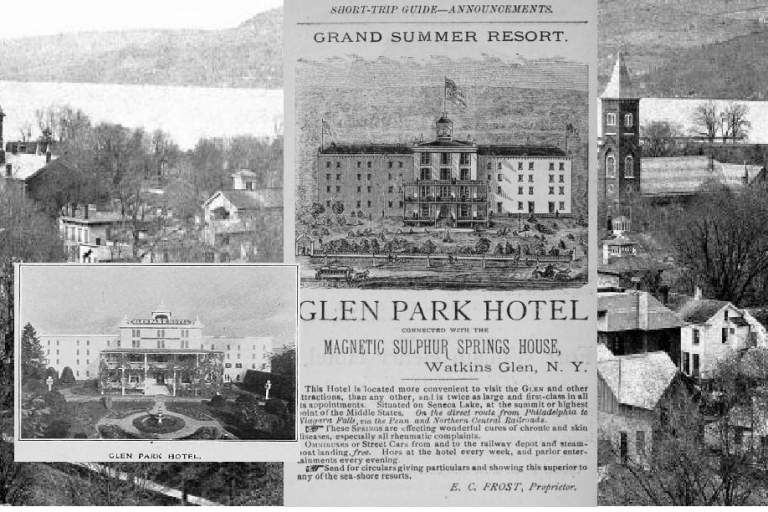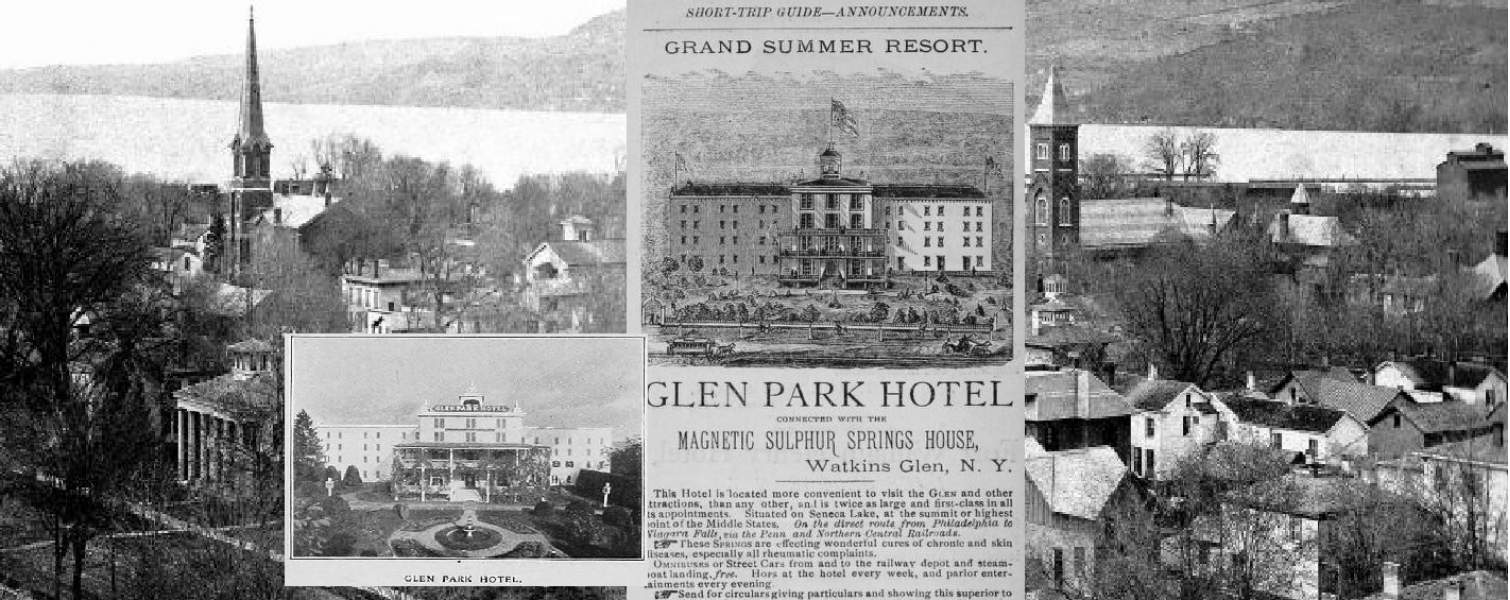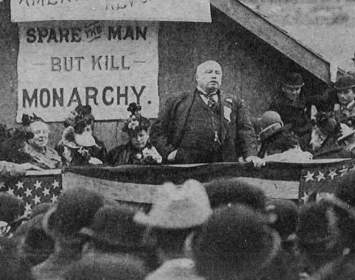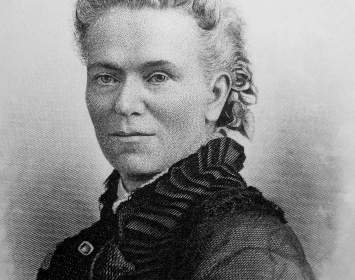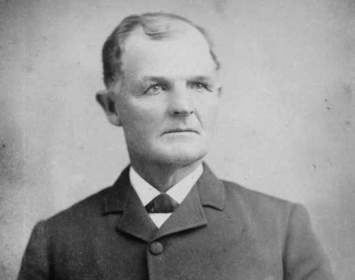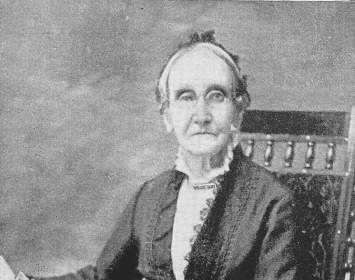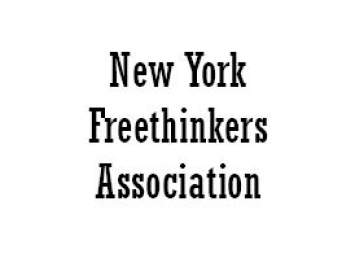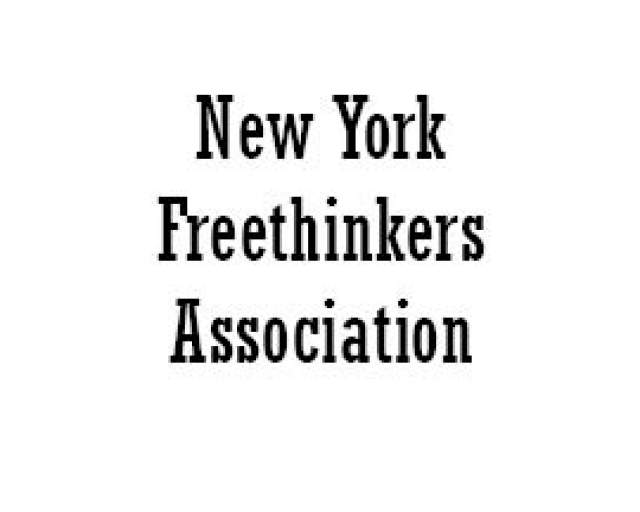On Friday, August 25, 1882, some 120 freethinkers attending the sixth annual convention of the New York State Freethinkers Association at Watkins (now Watkins Glen) walked about eight blocks south from the convention site to the palatial Glen Park Hotel. The Hotel was situated across the street from the entrance to Watkins Glen, the village’s principal tourist attraction. There they took part in a gala banquet honoring D. M. Bennett, publisher of the freethought newspaper The Truth Seeker. Bennett had been arrested for selling a marriage-reform tract the last time the freethinkers had convened in Watkins, in 1878. Since then he had faced a high-profile obscenity trial, served thirteen months in prison, and most recently returned in triumph from a world tour paid for by his supporters.
Attendees included suffrage activist Matilda Joslyn Gage; Rochester abolitionist and suffragist Amy Post; Rochester freethinker Elias H. Gault; freethought advocate Samuel Porter Putnam; suffragist and sex radical Juliet Stillman Severance; and W. S. Bell, one of Bennett’s co-arrestees at the 1878 convention.
According to the account in The Truth Seeker, the banquet continued until 1:30 in the morning, featuring an endless series of toasts. As the banquet was a temperance event, the account noted, "no wine was used." An ironic note given that today, farm wineries and wine tasting attract at least as many tourists to the region around Watkins Glen as does the Glen itself.
The hotel was razed at an unknown date, presumably early in the twentieth century. It was replaced by three substantial brick homes, two of which continue to serve Watkins Glen visitors as B&Bs.
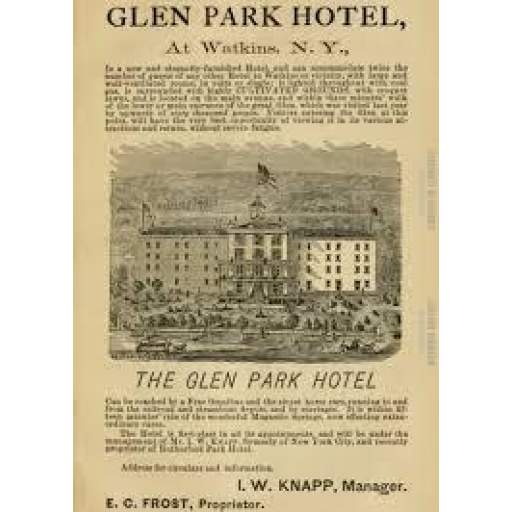
Newspaper ad
Early newspaper ad promotes the Glen Park Hotel.
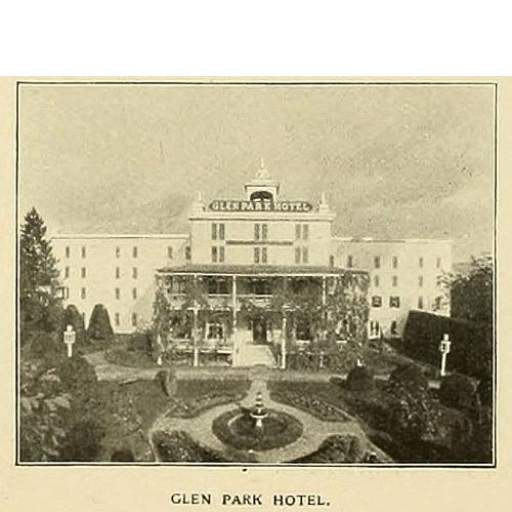
Postcard view
Postcard view of the palatial hotel and its landscaped grounds.
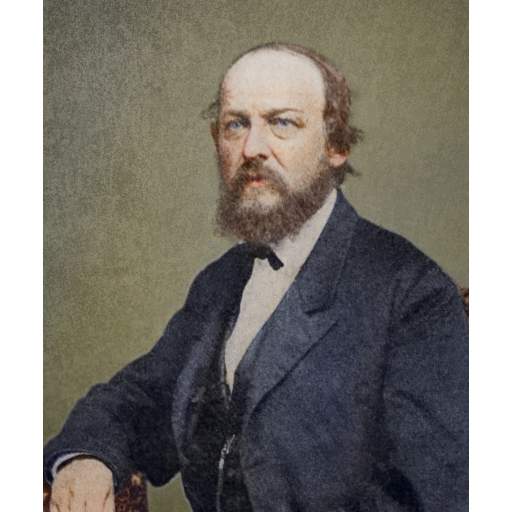
D. M. Bennett
Freethought publisher D. M. Bennett (1818 - 1882), the banquet's guest of honor. Courtesy of The Truth Seeker.
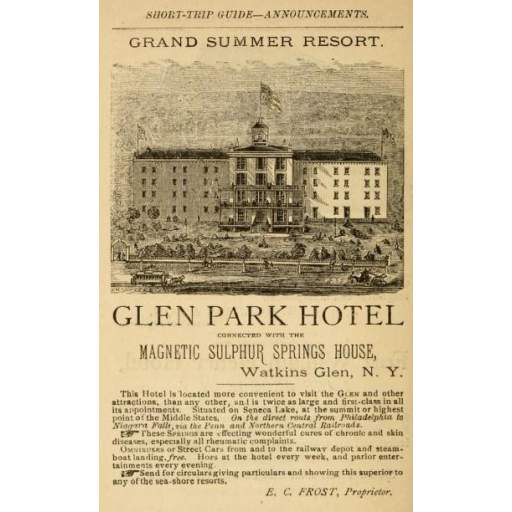
Newspaper ad
This newspaper ad promotes both the hotel and its adjacent "Magnetic Sulphur Springs." At this time it was popular to bathe in mineral springs for their supposed health benefits. Practitioners of the so-called "water cure" (a form of quackery) were among the most enthusiastic supporters of dress reform.
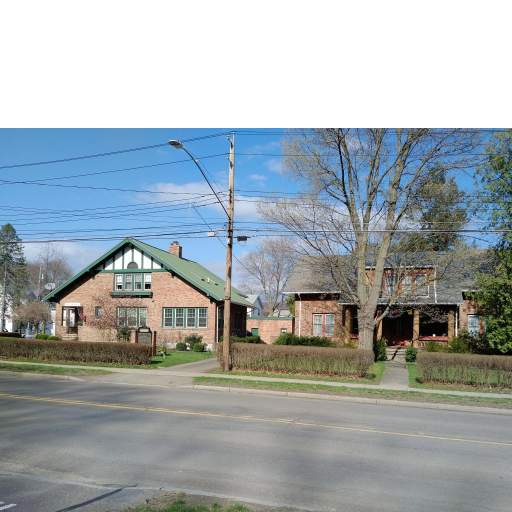
Houses 1 & 2
The northernmost two of the three houses that now occupy the former site of the Glen Park Hotel. Local lore has it that bricks from the razed hotel were used in building one or more of these structures.
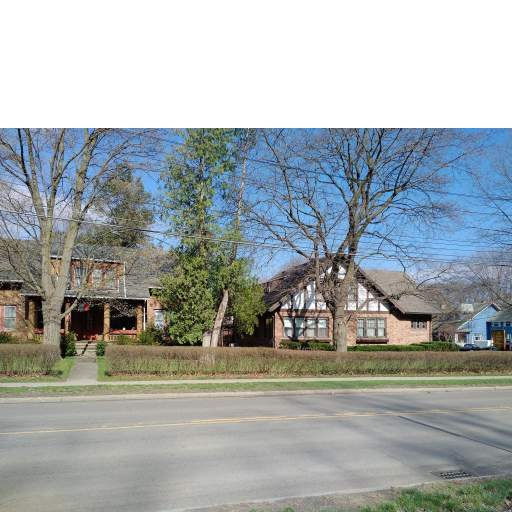
Houses 2 & 3
The southernmost two of the three houses that now occupy the former site of the Glen Park Hotel. The center house (which appears in this photo and the previous one) is a private dwelling; the other two are B&Bs.
Associated Causes
Associated Historical Events
Sixth New York Freethinkers' Association Convention
August 23–27, 1882
